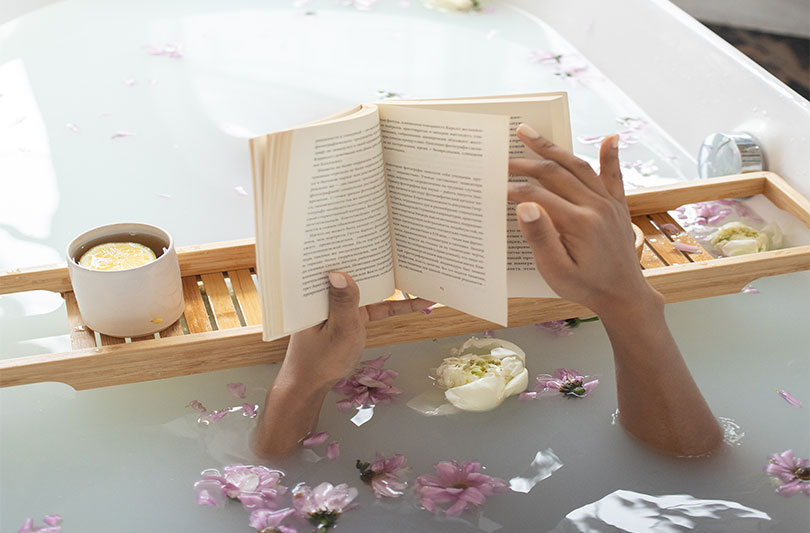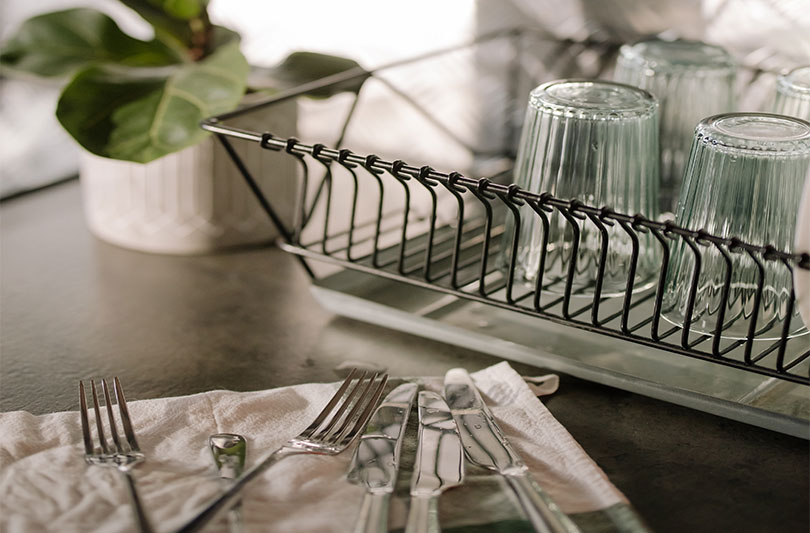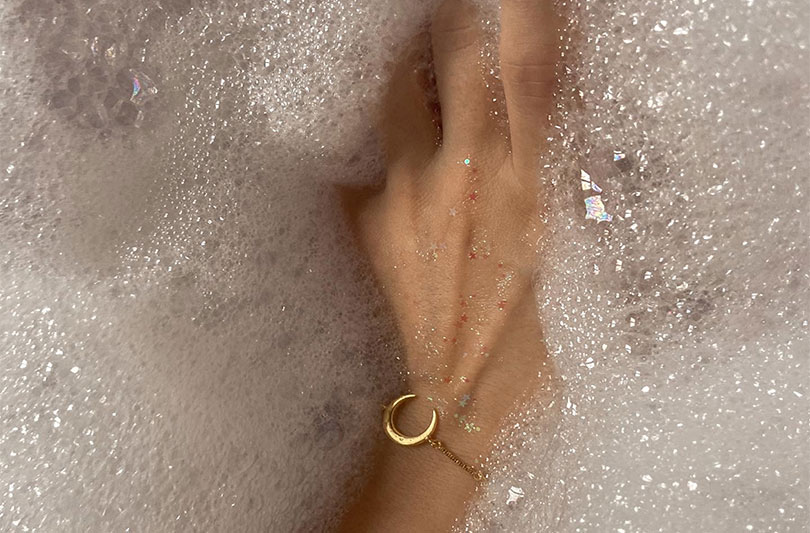Hard water areas
If you live in a hard water area like Norfolk or Suffolk you might be wondering how to soften hard water as you’ve probably already experienced some of the irritating hard water problems that can occur in your home.
Hard water is caused by minerals such as magnesium and calcium being absorbed into your water as it travels over the rocks in your local area. These minerals aren’t necessarily bad for you but they can cause problems, and sometimes cost you money.
Hard water treatment
Drinking water in hard water areas is not a serious health risk. However, the limescale and other mineral deposits associated with hard water can cause a range of domestic issues such as discoloured surfaces, stained dishes, and even broken appliances.
If you’ve noticed cloudy drinking glasses, dull hair, or limescale in your kettle, you’ll understand how annoying hard water can be. The good news is that effective natural hard water treatment can resolve these issues, and is perfectly possible at home.
How hard and soft water react with soap
Many of the hard water problems you’ve been experiencing occur because of the different ways hard and soft water react with soap. Soft water lathers well, cleans well, and rinses clear. When you use soap with hard water, its molecules react with the magnesium and calcium leaving unpleasant scum behind.
The trick to successful natural water softening is to remove these minerals and replace them with alternative ones that won’t react in the same irritating way when you wash yourself, your dishes or your clothes.

How to soften hard water
The good news is that there are some effective natural hard water treatments that can help you deal with hard water problems. By far the most effective of these is to have a home water softener fitted by experts. We take a look at this, and some of the alternatives below:
How to treat hard water at home
- Add washing soda when you wash your clothes – Washing soda or sodium carbonate is soluble in water, and reacts with the hard water minerals calcium and magnesium to soften your water. This allows your washing detergent to produce more lather and work better.
- Boil hard water before you use it – You might have noticed limescale in your kettle. This is because boiling hard water will remove many of the minerals. This makes boiled water ideal for activities that require a small amount of water, such as brushing your teeth but less useful, even inconvenient, when you need larger volumes.
- Use vinegar when you are cleaning – Distilled white vinegar is really good at removing the unpleasant marks left by hard water. Because it’s very acidic, it can neutralise the alkaline mineral calcium, which is one of the main causes of hard water staining. Successful results with vinegar may require scrubbing or soaking.
- Have a water filter fitted to your taps – Water that comes through a water filter is much better at lathering with soap than water that hasn’t. If you have water filters fitted to your bathroom and kitchen taps, you’ll notice improvements when you shower, shampoo or wash the dishes. What a tap-fitted water filter won’t do however is protect all of your water systems and appliances from issues caused by hard water mineral build-up.
- Choose the right cleaning products – Because hard water is such a problem for so many people, some cleaning manufacturers have designed products specifically to deal with hard water stains and limescale. These can be really effective but only in the short term. As your hard water runs over a surface again, your cleaning product won’t be able to stop the build-up of unwelcome mineral deposits.
- Use water softening products in your washing machine – Including water-softening products in your regular clothes washing routine can help your detergent go further, and your clothes feel softer. It can also help prevent the build-up of harmful limescale in your washing machine. For some people however, the addition of an extra laundry product can seem expensive and fiddly.
- Cover all bases and invest in a water softening system – The hard water treatments above are all effective in dealing with some hard water problems. The issue with them of course, is that for really effective results across your whole household, you’ll need to use more than one, or maybe even all of them.

This is where a home water softener is a real investment. Designed to deal effectively with hard water as it enters your home, a home water softening system will ensure that none of your taps, appliances, or water systems will be exposed to damaging mineral deposits. Your family won’t be either.
Once your water softener’s been fitted, you’ll notice an immediate improvement in washing experiences. Soaps and shampoos will lather better, dishes will sparkle more, and you’ll find yourself saving money on cleaning products.
Go for optimum water softening
When you look carefully at how to soften hard water, and the time and products of dealing separately with your different hard water problems, it’s easy to see the attraction and benefits of having a water softener fitted by our expert team.
At Hart Water we offer competitive pricing on a range of water softeners, including installation, repair and servicing. Get in touch today, and have a chat with our friendly team. We’ll be more than happy to answer all your questions.

